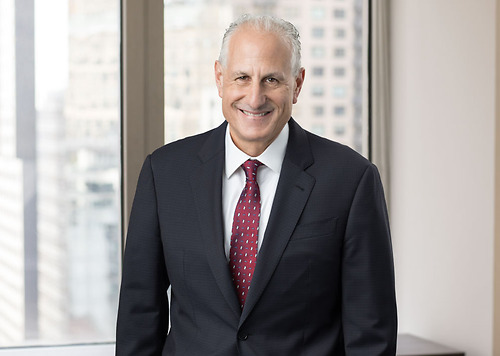The Second Circuit recently clarified that its Verity decision, in which the court found that net profits was the proper measure for a disgorgement award in an FTC action, was limited to situations involving third-party processors. Instead, the court in FTC v. Bronson Partners found that gross revenues could be the proper award against a defendant that engaged in the underlying marketing conduct found to be against the law. Moreover, the court found that the burden of proof on showing returns, chargebacks and related expenses was on the defendant, which must be shown by product-specific records, and that a defendant could not rely on estimates based on particular product revenue.
Background
In 2003 and 2004 defendants advertised and sold two dietary weight loss products whose performance claims the FTC alleged were false and unsubstantiated. The district court agreed with the FTC, and entered a permanent injunction including monetary equitable relief of gross revenue. On appeal, defendants admitted that they engaged in deceptive advertising of the products in violation of the FTC Act. Defendants appealed on the grounds that section 13(b) of the FTC Act does not permit an award of monetary relief and even if such relief was permitted, the district court improperly calculated the award. The Second Circuit disagreed and affirmed the district court's order.
Appellate Decision
The Second Circuit decision is troubling to marketers for several reasons. First, the court significantly narrowed its prior decision in FTC v. Verity International, Ltd. In Verity, the Second Circuit had previously ruled that section 13(b) did not authorize a district court in an FTC action to base an award on the total loss to consumers that resulted from a party's fraud. Instead, the court found that it would be improper to assess an award without discounting collection and processing fees that were assessed by a third party but were never received by defendants.
Relying on Verity, the defendants argued that the district court should have reduced the gross revenue damage award by the amount of bounced check fees and credit card chargebacks relating to the products at issue as well as other expenses. Accordingly, it would be improper to require a defendant to pay in the form of a disgorgement assessment, funds never received by a defendant or previously returned to a consumer or where a defendant was assessed third-party processing type fees.
On appeal, however, the Second Circuit significantly narrowed its ruling in Verity and held that disgorgement was a proper equitable remedy under the section 13(b) of the FTC Act. In other words, the court ruled that the gross revenue received (less only refunds) is within the equitable powers of a district court to award in the context of an FTC deceptive practices action and that other expenses (such as advertising) are not properly deducted by the court in assessing monetary relief.
Moreover, while theoretically recognizing Bronson's right to deduct processing charges and chargeback fees relating to the prior refunds, Bronson was unable to calculate these charges for the specific products at issue from its catalog of nearly sixty products not at issue in the litigation. The Second Circuit ruled that it would be improper to allow Bronson to rely on a mathematical or statistical estimate of those fees based on the sale of the challenged products as a percentage of overall product sales.
Conclusion
Marketers potentially facing an FTC action in courts covered by the Second Circuit (New York, Connecticut and Vermont) must consider the precedential effect of the Bronson decision finding gross revenue (less returns) as their damage exposure, without any deduction for cost of goods, advertising, monies paid for taxes, postage, and etc. Moreover, marketers of multiple products should be sure that they establish accounting processes whereby a marketer can demonstrate with specificity bank and processing fees on a product by product basis, or face the significant possibility by a court will not take such fees into account should the defendant be unsuccessful on the merits.
- Partner
Marketers, advertisers, agencies and suppliers, among others, regularly seek Andy’s counsel regarding legal aspects of their advertising and promotional marketing businesses. He’s pragmatic and always looks for ...

